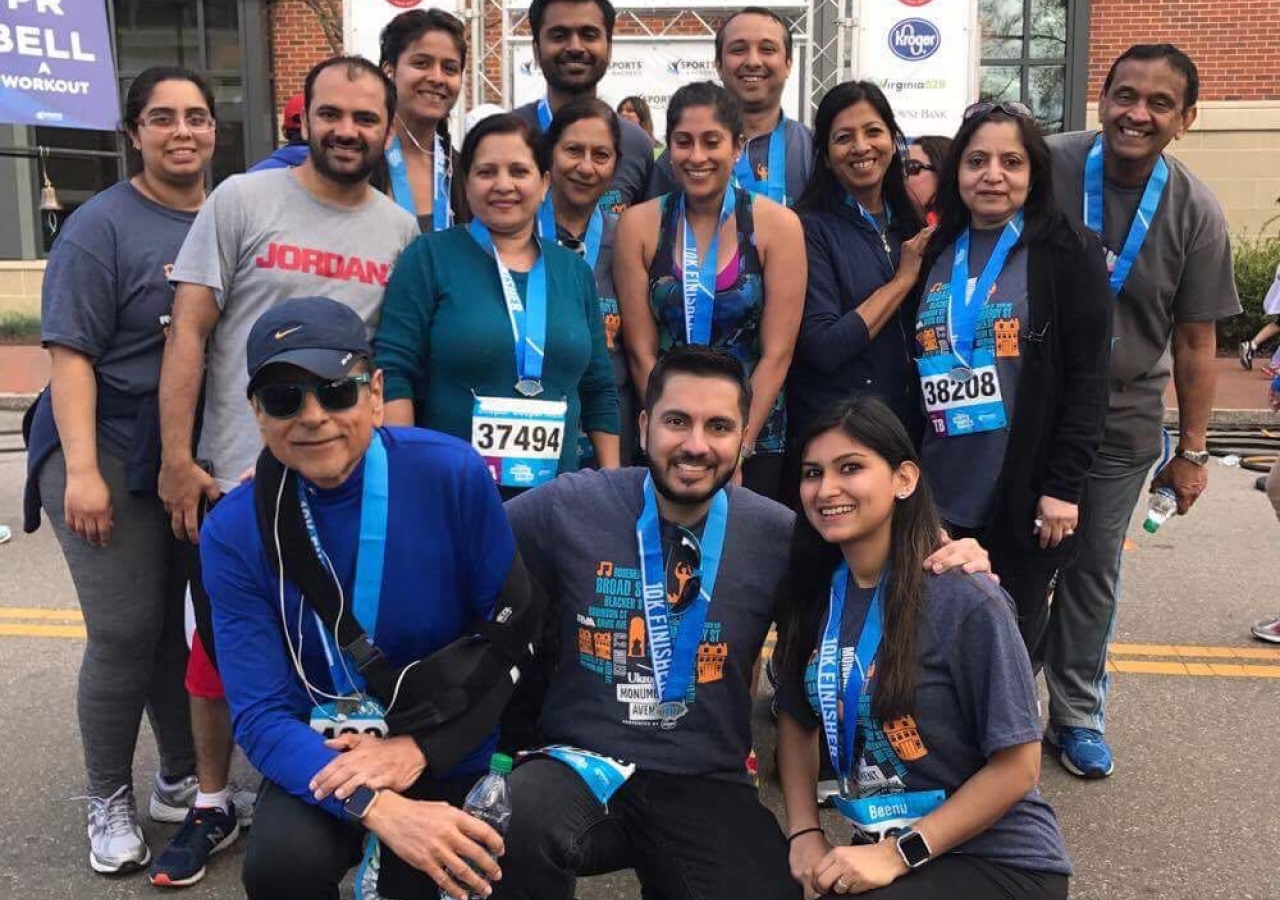Modern society moves at nearly 300 million meters per second via the highways of the virtual world. Too often, in this hustle and bustle of everyday life, one’s physical and mental health is left behind as a flurry of e-mails, tweets, and other media rushes past.
As a result of physical inactivity, poor eating habits, and other demographic and social factors, men and women, now more than ever, are almost equally susceptible to slow progressing, chronic illnesses known as non-communicable diseases (NCDs). Non-communicable diseases fall into four categories: diabetes, cancer, cardiovascular diseases (e.g. heart attacks and strokes), and chronic respiratory diseases (e.g. asthma). In addition to being the leading cause of death in the world—accounting for 70% of global deaths annually according to the World Health Organization (WHO)—NCDs can also be extremely costly to treat due in part to the need for sustained, expensive treatment.
One way to increase the quality and length of one’s life is to take preventative measures that reduce the risk of NCDs. The WHO estimates that if the primary risk factors for NCDs are eliminated, the world could prevent as much as 75% of cardiovascular diseases and Type 2 diabetes as well as 40% of cancer instances, thus drastically improving human health.
Increasing prevention is one of the primary goals of Journey for Health (JFH), a Diamond Jubilee Initiative in the U.S. under the auspices of the Aga Khan Health Board (AKHB) and the Aga Khan Development Network eHealth Resource Centre (AKDN eHRC), which seeks to engage the Jamat in 30 minutes of daily walking and/or other exercise. Studies have shown that walking just 30 minutes per day can have immense positive effects on one’s health—including reducing lower back pain and mitigating depression and fatigue.
Journey for Health works through collective motivation. Individuals can enter their steps or other activity on the online platform to see how they compare with other members. Steps as well as activity from other sports are converted into virtual miles via a conversion factor. As individuals accumulate virtual miles, they “travel” across the globe to reach various AKDN milestones. There are 21 milestones altogether—starting at the Ismaili Jamatkhana and Center, Houston, and ending at the Aga Khan Academy in Hyderabad, India. Other sites along the way include the Delegation of the Ismaili Imamat in Ottawa; the Bujagali Hydropower Plant in Uganda; and Babur’s Garden and the Timur Shah Mausoleum in Kabul, Afghanistan.
Journey for Health comes at the heels of a noticeable national shift away from sedentary culture, as more efforts have been made across the U.S. to get Jamati members moving—whether it be dancing through an upbeat Zumba class or hiking a scenic outdoor trail. The program takes this positive shift a step further by providing users with tangible milestones and thereby fostering healthy competition amongst users. “My friends and I are always competing on Fitbit and trying to win the challenges. Now, along with Fitbit, we are also logging our steps every day on journeyforhealth.org to see which one of us makes it to The Aga Khan Academy in Hyderabad, India first,” says one member. As a result of this healthy rivalry, some Jamati members have become “world travelers,” in addition to avid exercisers.
The online platform for Journey for Health was developed by the AKDN eHealth Resource Centre (eHRC) in Pakistan—a true testament to the “one Jamat” theme which has begun to encompass the Diamond Jubilee year. This new way to bridge modern love of social media applications such as Facebook with a positive group fitness mentality has been welcomed with open arms by members of the Jamat, regardless of age. “You didn’t know? Salwar kameez and tennis shoes are in style now,” jokes one member.
To start your journey toward a healthier lifestyle, visit journeyforhealth.org and enter “WALKUSA” in the “JK Code” field to create your profile.










